April is usually a high month for booze companies, but this year again due to covid.Industry is back on the same place as last year.Post 2020, and when covid was at decline we all thought Corona is over from India, and industry will revive again. However this sudden surge in covid and subsequent lockdowns have left industry dry again.
“FY21 was looking very postive initially in first three months. We took advantage of the downtime to streamline our operations and conduct our business to put Sula on a much stronger trajectory. Consumers prefer the strongest, most trusted brands in these uncertain times and we have benefited from that with gains in market share across the country,” notes Chaitanya Rathi, COO, Sula Vineyards.
Sonal Holland, India’s only Master of Wine who is the Founder of SoHo Wine Club and Sonal Holland Wine Academy, chimes in: “I see premium wine purchases continuing through 2021, with the wealthy even looking to trade up, and splurge more than usual on their wines and other luxury beverages.”
That being said, things are very different now.This new Covid wave seems to be here for next couple of months. Draining down all the planning and hope which was generated in first 3 months of 2021.
Speaking of Made in India, another segment of alcohol, locally-made craft beer, has plenty to cheer about as well. For instance, craft beer start-up Kimaya Himalayan, recently launched two homegrown barley-based brews — BeeYoung and Yavira, which are already selling across India and abroad. Founder & CEO Abhinav Jindal observes that the Indian audience is opening up to more complex flavours in the craft beer market rather than succumbing to the age-old, traditional flavours.
Due to this change, there has been considerable innovation and experimentation in terms of various brews being concocted with the help of varied ingredients used to meet this new change in attitude and taste,” he reasons. Indeed, the craft beer space has definitely been hopping. Beor360, which was launched after much delay in September last year, under the aegis of Delhi-based BrewKing Beverages, founded by Rishabh Ranjan and Amit Tiwari, is available only in Gurugram and Delhi, but will expand to Uttar Pradesh and other states in the coming months.
There does seem to be some leeway to this with Jindal and Ranjan pointing out that Indian states have become more incentivised to make things easier for alcohol manufacturers as governments’ coffers are running dry. Khare agrees, saying “Uttar Pradesh announced slashing of excise duty on beer from 280 per cent to 200 per cent for this financial year, which is a welcome step, and hopefully one that other authorities will also take. State excises should allow some direct interactions with consumers, which might positively impact sales thus government revenue.”
To bring customers and sales back to pre-Covid figures, liquor companies are required to focus on the cooperation of the respective state’s excise duties, licensing fees and other state tax levies that changed due to Covid- second wave. Since liquor taxes/duties contributed to the third position (after GST and Sales Tax/VAT) in state exchequer, state governments are very keen to boost liquor sales in their states, which will help the liquor industry bounce back in 2021.”
Although the pandemic is challenging, the industry should take it as a motivational factor to apply new innovative ideas and processes. Procedures such as production, packaging, sales and distribution channels, marketing, and duty structures should be considered to let the once-booming industry grow and spread in a diverse country with massive potential.



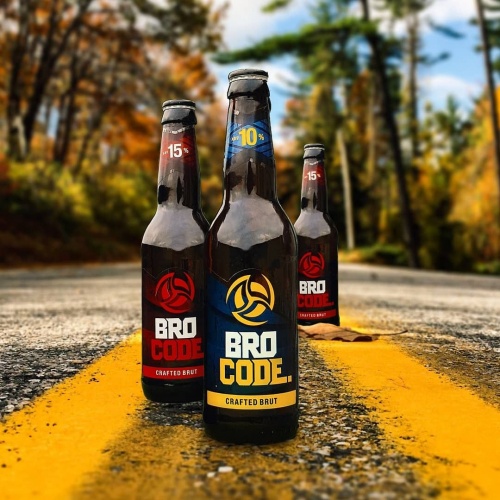
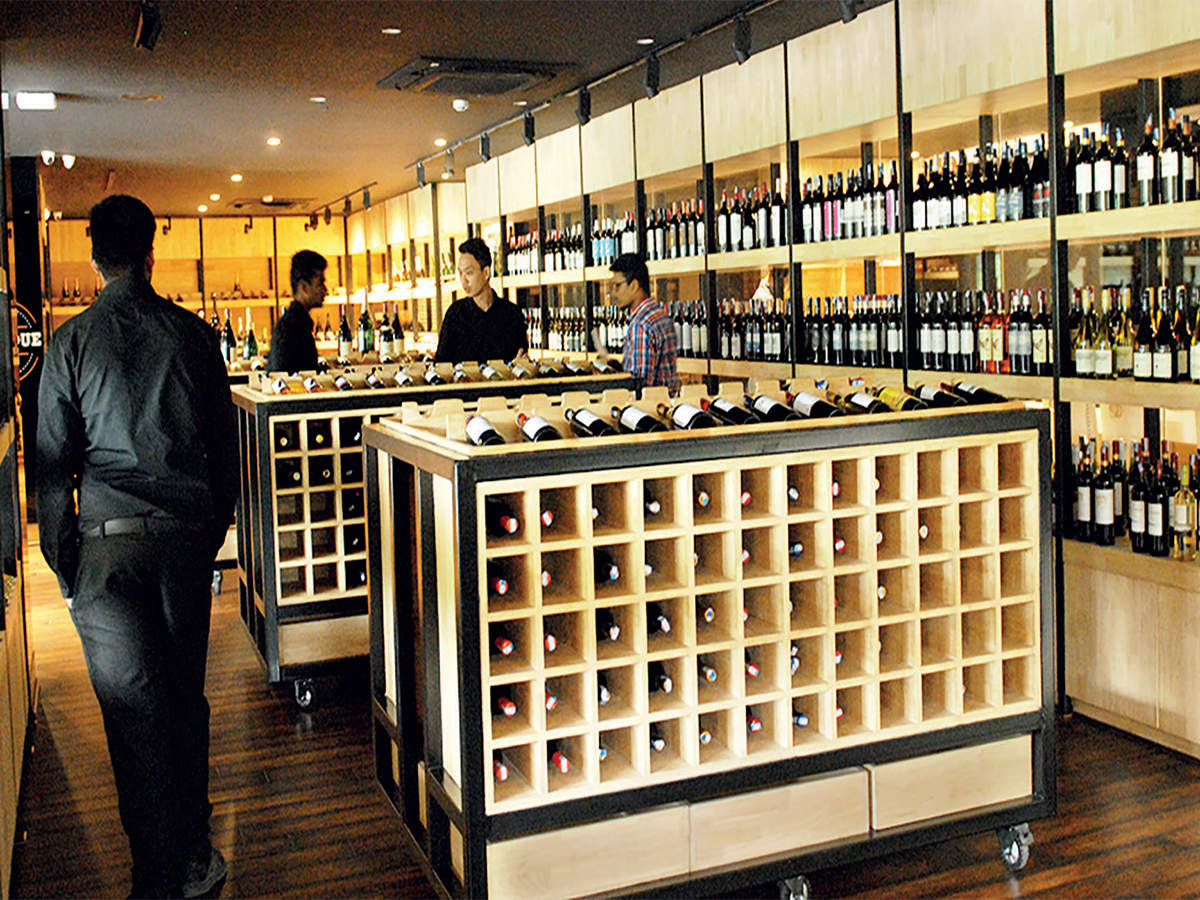
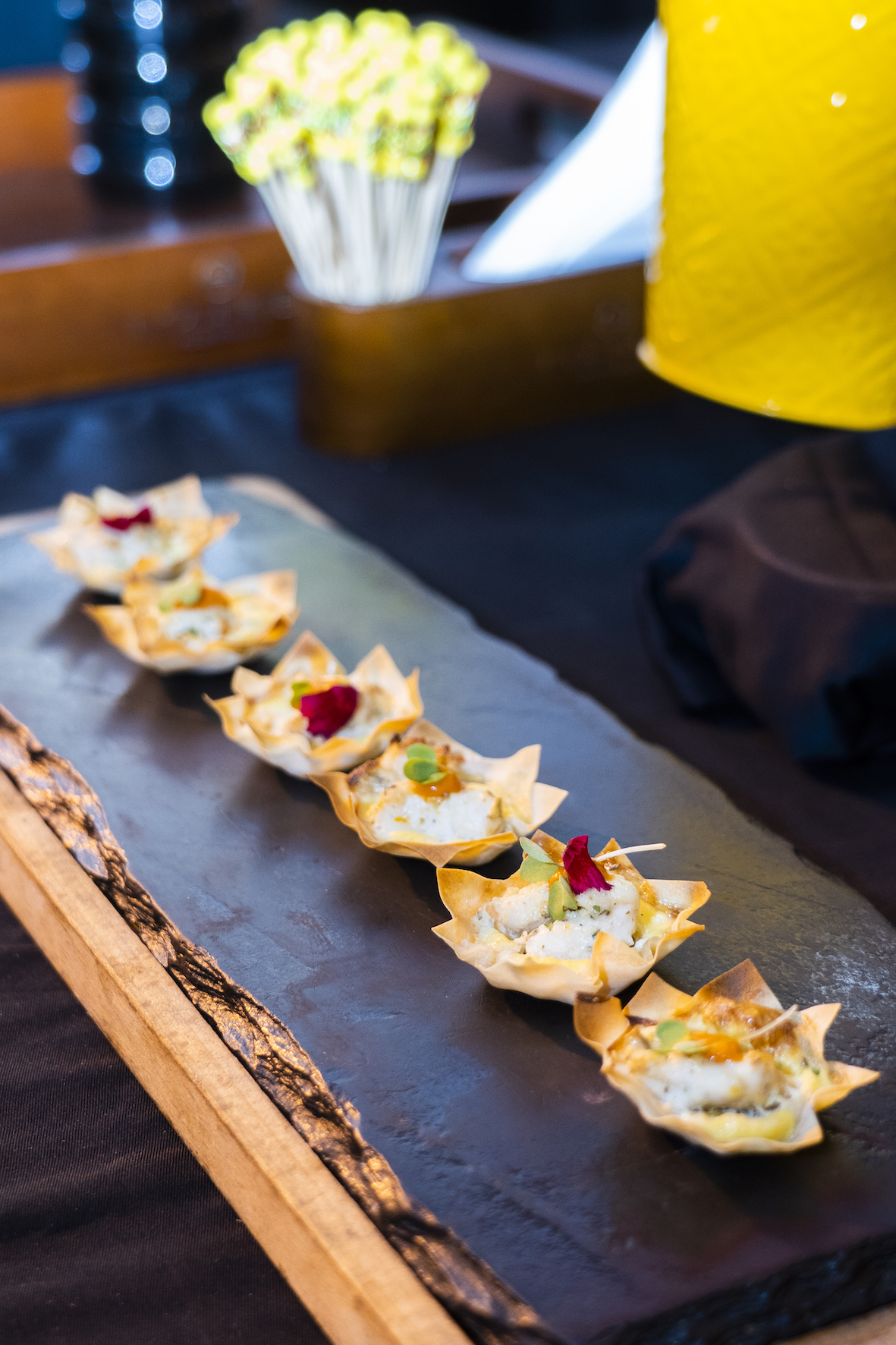
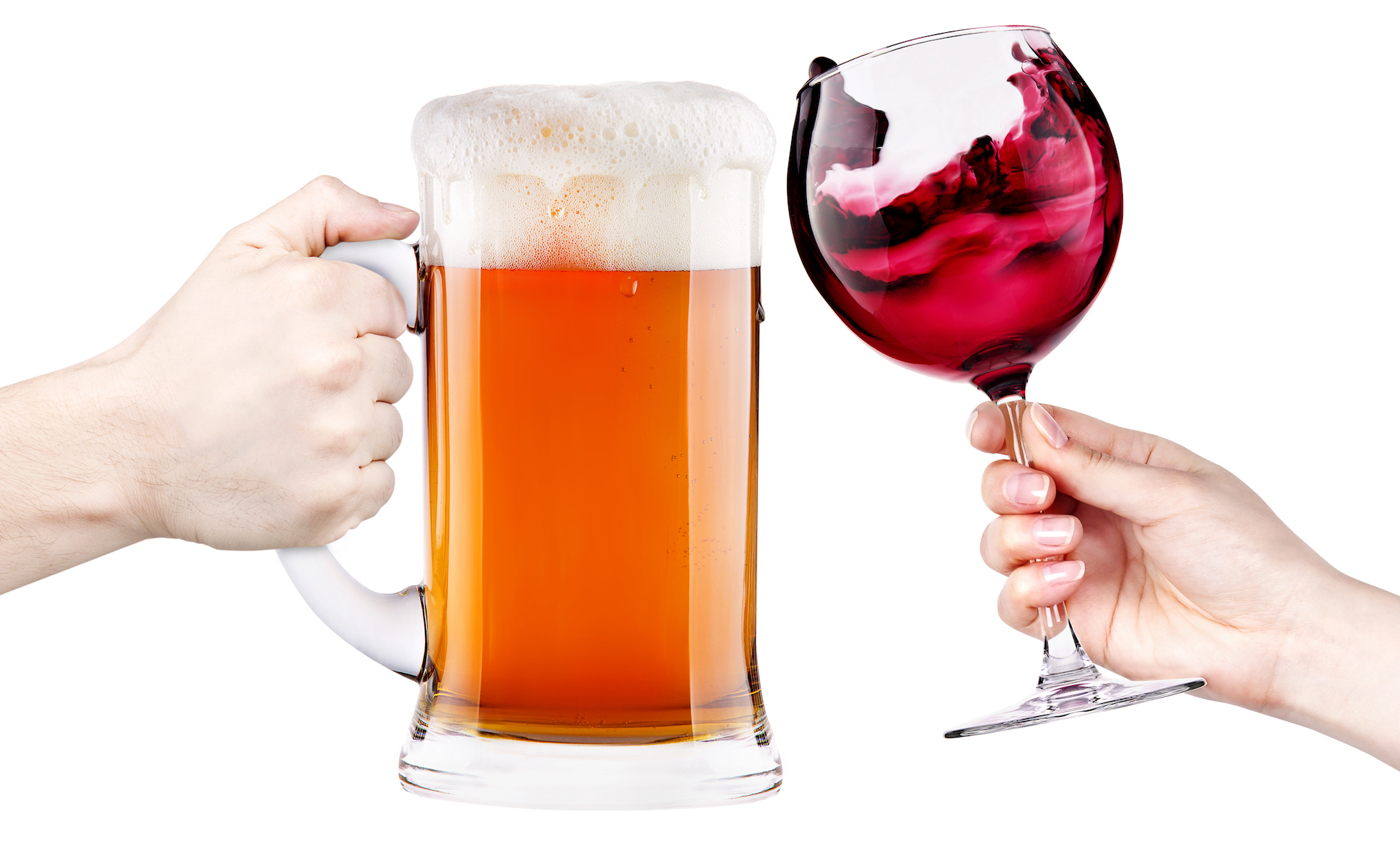
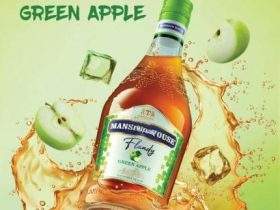


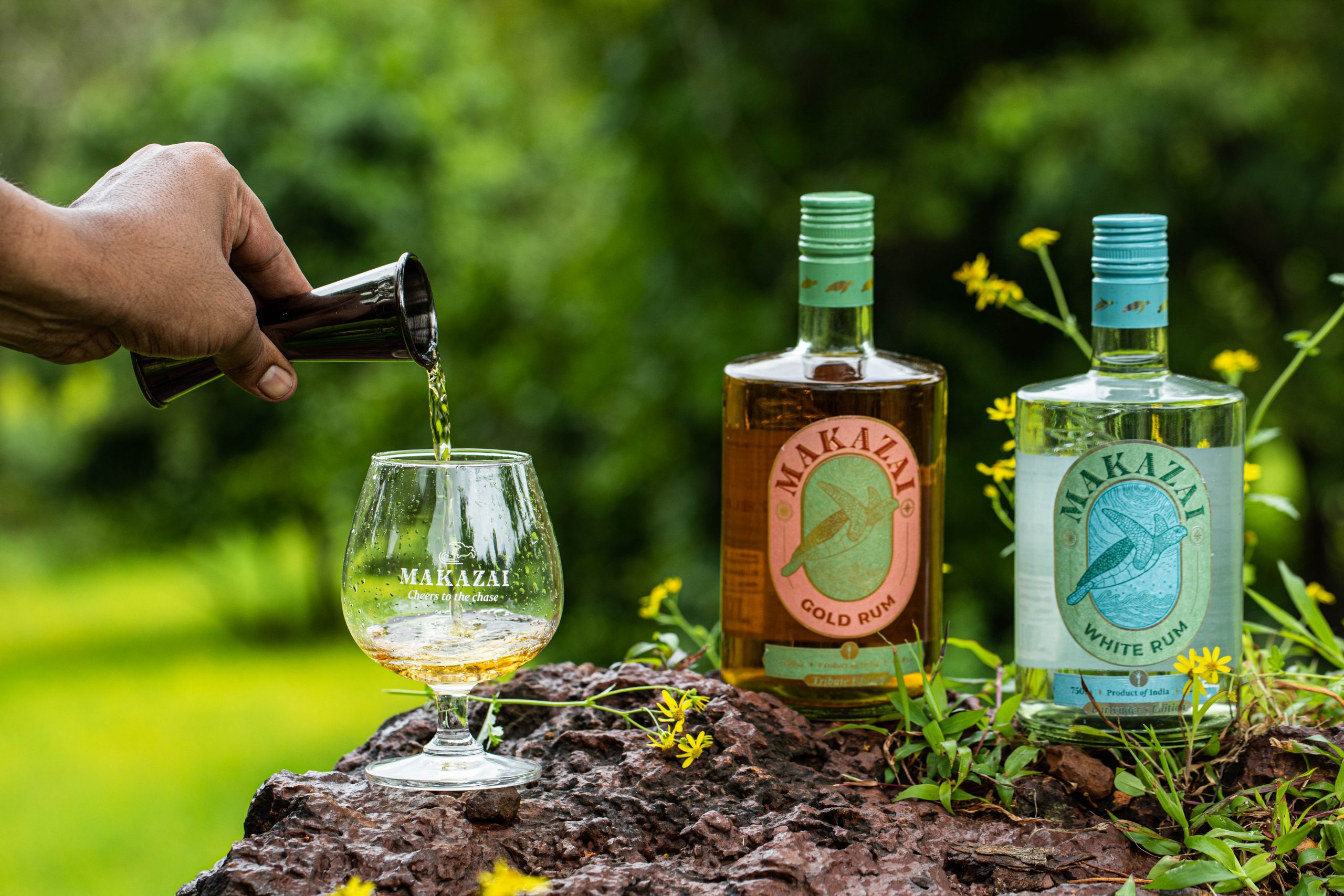

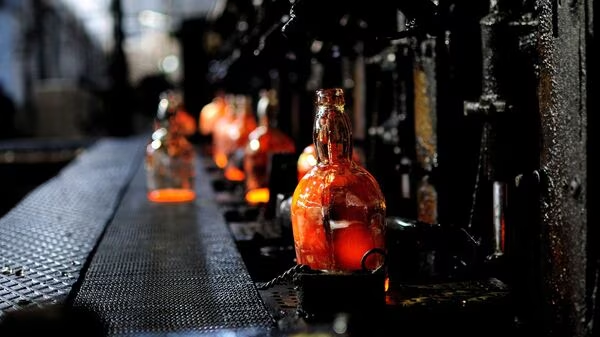
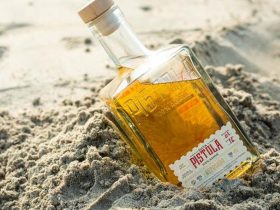
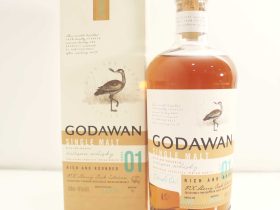
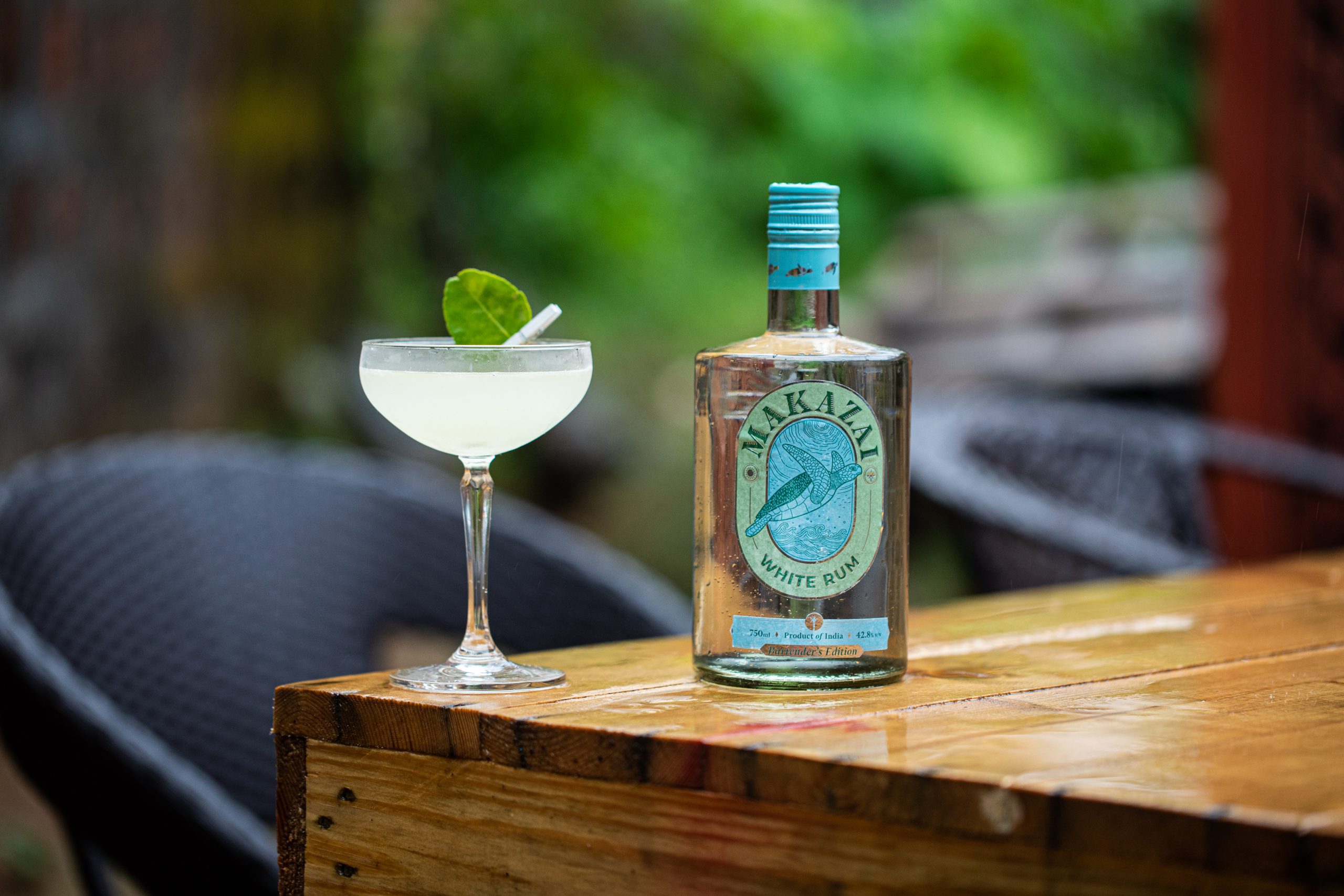
Leave a Reply